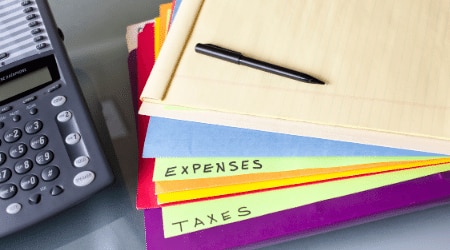Tax for small businesses in South Africa
For many entrepreneurs, tax is not at the top of the to do list. Deadlines may seem like a long way off, and there are plenty of other things that demand attention – like growing the business, talking to customers, or developing new products.
Yet paying tax accurately and on time remains a vital part of every healthy business – both large and small.
In South Africa, the type of tax a company is registered for will determine its tax filing requirements.
For example, companies registered for small business tax, turnover tax, provisional tax, or VAT all have different filing requirements. The requirements differ both in terms of frequency (how often returns are required and tax is paid) and type (what tax is paid for).



